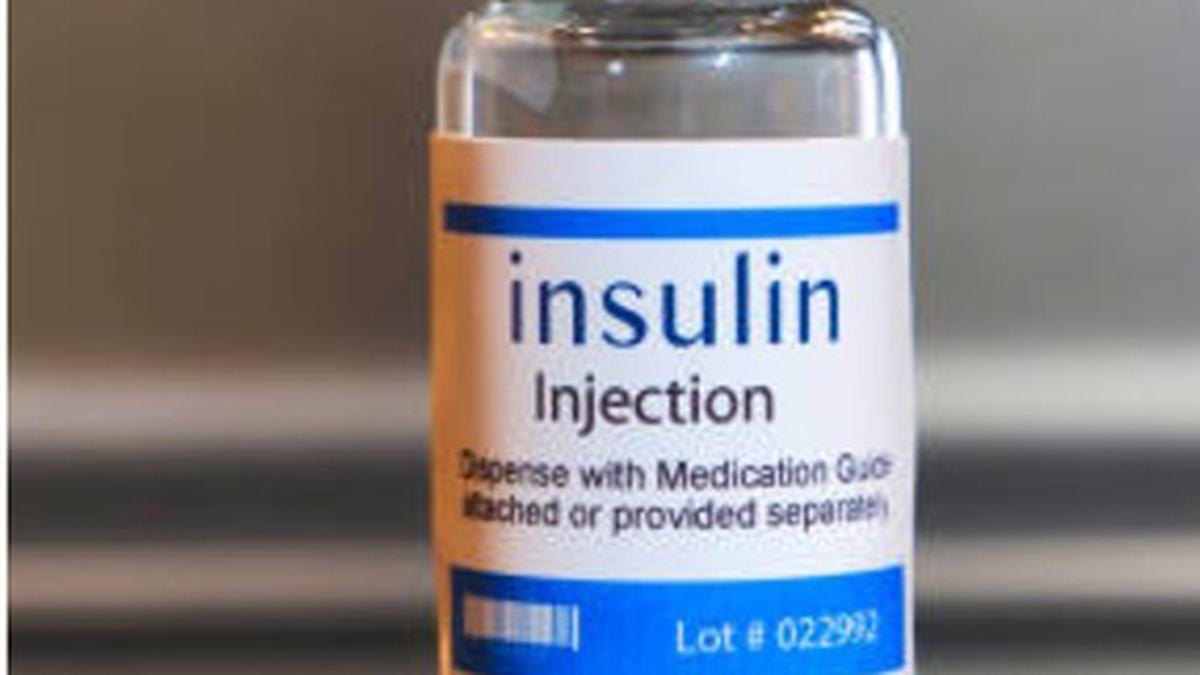
What are some new research projects in the field of ‘smart’ insulin? | Explained Premium
The Hindu
According to the Type 1 Diabetes Grand Challenge, four of the newly-funded projects are related to glucose responsive insulins (GRIs), which can respond to changing blood glucose levels.
The story so far: The Type 1 Diabetes Grand Challenge, a partnership between the Steve Morgan Foundation, Diabetes UK and JDRF, on Monday, August 12, 2024, announced grants of over £2.7 million for new research in the development of next-generation insulins to manage type 1 diabetes. The funding will accelerate research of insulins that imitate how healthy pancreas work, the initiative said.
Type 1 diabetes is a chronic condition characterised by deficient insulin production and requires frequent insulin administration, mostly daily or sometimes even multiple times a day. Without insulin, glucose continues to build up in the bloodstream, causing high blood sugar levels. The insulin hormone helps regulate blood sugar by allowing glucose to enter cells to be used up for manufacturing energy.
The funding will be provided to six new international research projects focused on developing the next-generation, or novel, insulins. The research will be conducted at universities in the United States, Australia, and China.
“The funded six new research projects address major shortcomings in insulin therapy. Potentially minimising the risk of hypoglycaemia through an insulin-glucagon combination would ease one of the major concerns associated with insulin therapy today. Therefore, these research projects, if successful might do no less than heralding a new era in insulin therapy,” Tim Heise, Vice Chair of Novel Insulins Scientific Advisory Panel of the Type 1 Diabetes Grand Challenge, said.
According to the Type 1 Diabetes Grand Challenge, four of the newly-funded projects are related to glucose responsive insulins (GRIs), which can respond to changing blood glucose levels.
GRIs activate only when there is a certain amount of glucose in the bloodstream and become inactive when it drops below a stipulated point. This is expected to prevent both hyperglycaemia (high blood glucose) and hypoglycaemia (low blood glucose).
Another research project focuses on developing a short-acting insulin. Among the currently available insulins, there is a delay between the administration of the drug and its action on blood glucose – even with the fastest acting variants. This can cause a spike in blood glucose levels before insulin can lower it, thus endangering the person.













